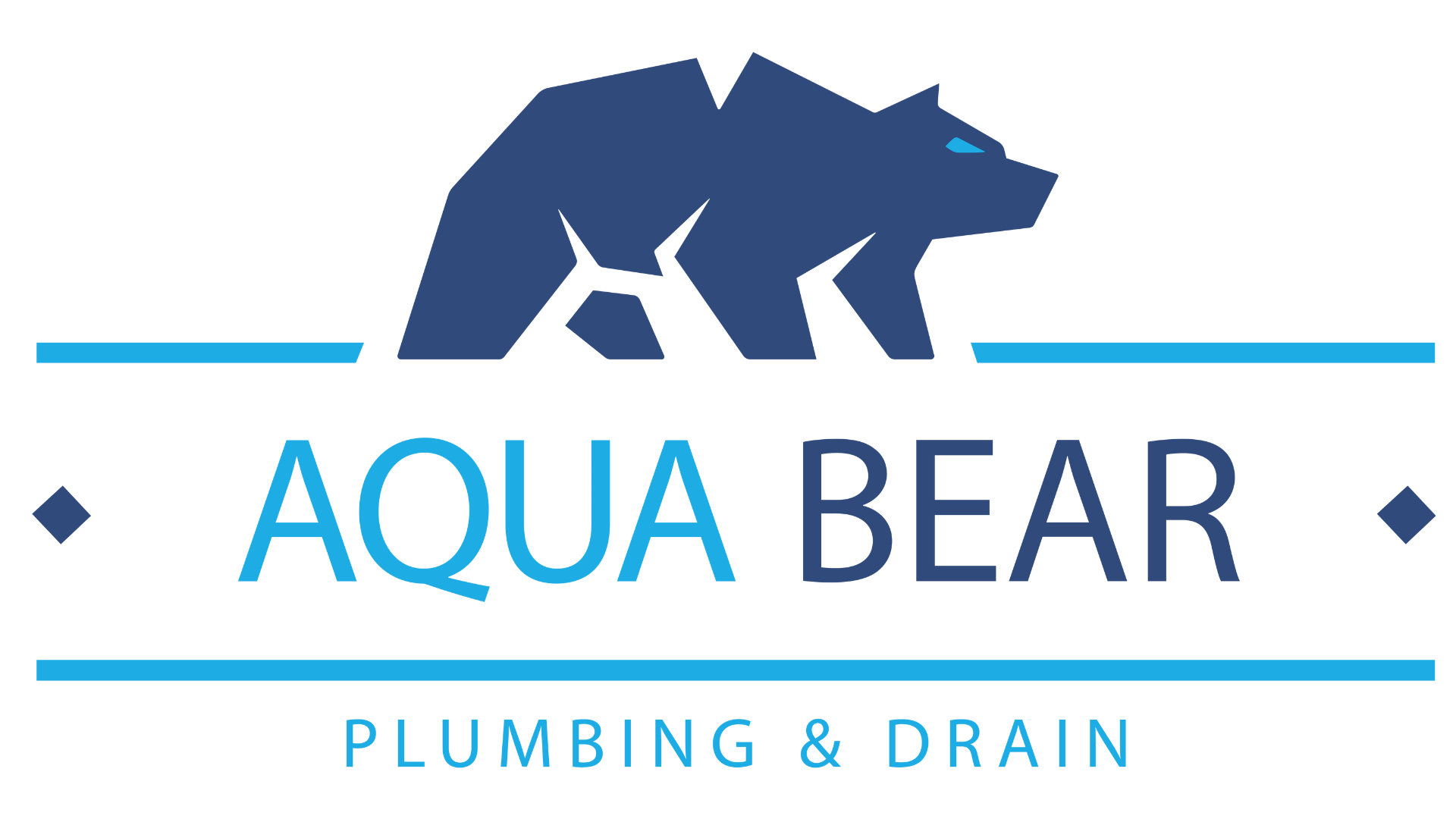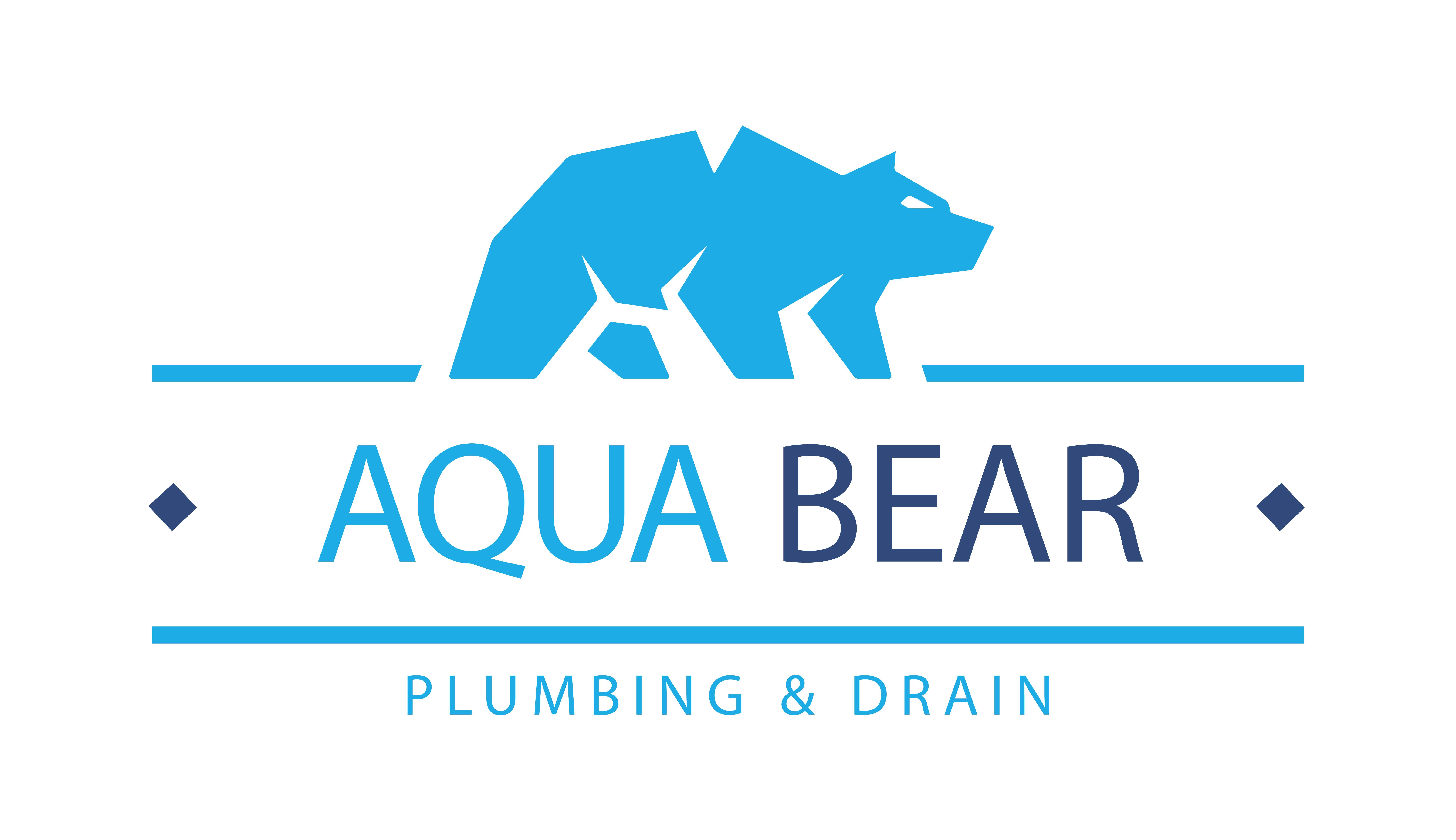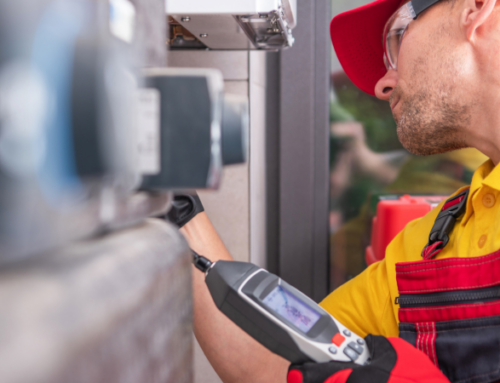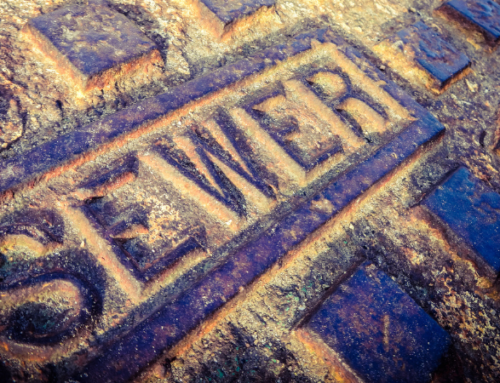Property managers bear the significant responsibility of ensuring that all aspects of their properties are well-maintained, with plumbing systems being a critical component. Whether managing commercial buildings, apartment complexes, or retirement homes, property managers must ensure that plumbing systems are functioning optimally to provide clean water and efficient waste removal. The proper upkeep of these systems is essential for maintaining tenant satisfaction, safeguarding property value, and complying with health and safety regulations. As a professional plumber, I have witnessed the vital role that well-maintained plumbing systems play in the overall operation and appeal of a property.
Basics Of A Plumbing System
Understanding the fundamental aspects of plumbing systems is crucial for property managers. This section will cover how plumbing systems work, the basic components involved, and the importance of comprehending the layout and design of these systems.
How Plumbing Systems Work
A plumbing system functions to deliver clean water for use and to remove wastewater efficiently. It consists of two main subsystems: the water supply system, which brings fresh water into the building, and the drainage system, which removes wastewater. The water supply system operates under pressure to ensure that water reaches all fixtures, while the drainage system relies on gravity to carry waste away. Understanding this basic functionality helps property managers oversee the system effectively.
Basic Components
The main components of a plumbing system include pipes, fittings, valves, fixtures, and appliances. Pipes transport water to and from fixtures, while fittings connect different sections of pipe and direct the flow. Valves control water flow and pressure, and fixtures such as sinks, toilets, and showers provide points of use. Appliances like water heaters and dishwashers are also integral parts of the system. Knowing these components and their roles is essential for diagnosing and addressing plumbing issues.
Importance Of Understanding The Layout And Design
Comprehending the layout and design of a building’s plumbing system is vital for effective management. This includes knowing the location of shut-off valves, understanding the flow paths of water supply and drainage, and being aware of any potential problem areas. An accurate understanding of the plumbing layout helps in planning maintenance, troubleshooting issues, and coordinating repairs. It also aids in ensuring that any modifications or upgrades are performed correctly and safely.
Common Plumbing Issues
Plumbing systems are susceptible to various issues that can disrupt operations and tenant satisfaction. This section will discuss common plumbing problems, their causes, and potential solutions.
Leaks
Leaks are a frequent plumbing issue that can lead to water damage, increased utility bills, and mold growth. They can occur in pipes, fixtures, or fittings due to wear and tear, corrosion, or poor installation. Early detection and repair of leaks are crucial to prevent extensive damage. Property managers should regularly inspect for signs of leaks, such as damp spots, mold growth, or unusually high water bills, and address them promptly.
Clogs
Clogs in drains and toilets can cause significant inconvenience and potential water damage. They are often caused by the buildup of debris, grease, hair, or foreign objects. Preventive measures include educating tenants on proper disposal practices and performing regular maintenance such as drain cleaning. When clogs occur, prompt action is needed to clear them and restore normal flow.
Water Heater Issues
Water heaters are essential for providing hot water to tenants. Common issues include insufficient heating, strange noises, and leaks. These problems can arise from sediment buildup, faulty thermostats, or aging units. Regular maintenance, such as flushing the tank and inspecting components, can prevent many water heater issues. When problems do occur, timely repairs or replacements are necessary to ensure a reliable hot water supply.
Water Pressure Issues
Inconsistent or low water pressure can affect the functionality of fixtures and appliances. Causes can include clogged pipes, faulty pressure regulators, or issues with the main water supply. Identifying the root cause is essential for resolving pressure issues. Regular maintenance and inspections can help prevent pressure problems and ensure consistent water flow throughout the property.
Running Toilets
A running toilet can waste a significant amount of water and increase utility costs. Common causes include faulty flappers, fill valves, or overflow tubes. Addressing running toilets promptly can prevent water waste and reduce expenses. Regular inspections and timely repairs are key to maintaining efficient and cost-effective plumbing systems.
Maintenance
Proactive maintenance is essential for keeping plumbing systems in good working condition and preventing costly repairs. This section will cover proactive tasks, regular inspections, and the importance of educating employees and tenants about plumbing maintenance.
Proactive Tasks
Proactive maintenance tasks include regular inspections, cleaning, and minor repairs that prevent major issues. This can involve checking for leaks, testing water pressure, flushing water heaters, and cleaning drains. By staying ahead of potential problems, property managers can ensure that plumbing systems remain efficient and reliable. Regular maintenance also extends the lifespan of plumbing components and reduces the likelihood of emergencies.
Regular Inspections
Scheduled inspections are crucial for identifying issues before they become serious problems. Inspections should include checking all visible plumbing components, testing fixtures and appliances, and inspecting the condition of pipes and fittings. Regular inspections help maintain the integrity of the plumbing system and ensure tenant satisfaction by preventing unexpected disruptions.
Educating Employees And Tenants
Educating employees and tenants about proper plumbing use and maintenance can significantly reduce the occurrence of issues. Providing guidelines on what can and cannot be flushed or poured down drains, encouraging prompt reporting of leaks or other problems, and promoting water conservation practices can all contribute to a well-maintained plumbing system. Clear communication and education help prevent misuse and ensure that minor issues are addressed before they escalate.
Choosing The Right Partner
Working with a qualified and reliable plumbing partner is essential for maintaining and repairing plumbing systems effectively. This section will discuss factors to consider when choosing a plumbing partner, the importance of 24/7 emergency response, and the benefits of building a long-term relationship with a plumbing service.
Factors To Consider
When choosing a plumbing partner, property managers should consider factors such as licensing, insurance, experience, and reputation. A qualified plumber should have the necessary credentials and a proven track record of providing high-quality service. Additionally, reading reviews and seeking recommendations can help identify reliable plumbing services. Choosing the right partner ensures that plumbing issues are handled professionally and efficiently.
24/7 Emergency Response
Access to 24/7 emergency plumbing services is crucial for addressing urgent issues that can cause significant damage. Plumbing emergencies, such as burst pipes or severe leaks, require immediate attention to minimize damage and ensure tenant safety. A plumbing partner that offers round-the-clock emergency response provides peace of mind and ensures that urgent problems are resolved promptly.
Building A Long-Term Relationship
Building a long-term relationship with a trusted plumbing service offers numerous benefits. A regular plumber will become familiar with the property’s plumbing system, making it easier to diagnose and address issues. Additionally, a reliable plumbing partner can offer valuable advice on maintenance, upgrades, and preventive measures. Establishing a long-term relationship with a plumbing service ensures consistent, high-quality care for the property’s plumbing system.
Looking To Develop A Professional Relationship To Help You Manage Your Properties?
The relationship between property managers and plumbing systems is crucial for maintaining a safe, functional, and efficient property. Understanding the basics of plumbing systems, recognizing common issues, and implementing regular maintenance are essential for effective management. Compliance with legal and regulatory requirements, working with a reliable plumbing partner, and educating employees and tenants are all key components of a successful plumbing management strategy.
By staying proactive and informed about plumbing maintenance, property managers can ensure the long-term functionality and efficiency of their plumbing systems. This not only enhances tenant satisfaction but also protects the property’s value and reduces the likelihood of costly repairs.
If you are a property manager, take the time to review your current plumbing maintenance practices and identify areas for improvement. Schedule regular inspections, educate your tenants about proper plumbing use, and establish a relationship with a trusted plumbing partner. At Aqua Bear Plumbing and Drain we can ensure that your property’s plumbing system remains reliable and efficient, providing a safe and comfortable environment for your tenants. Give us a call to begin a professional association that will provide the peace of mind a well-working plumbing system provides!
